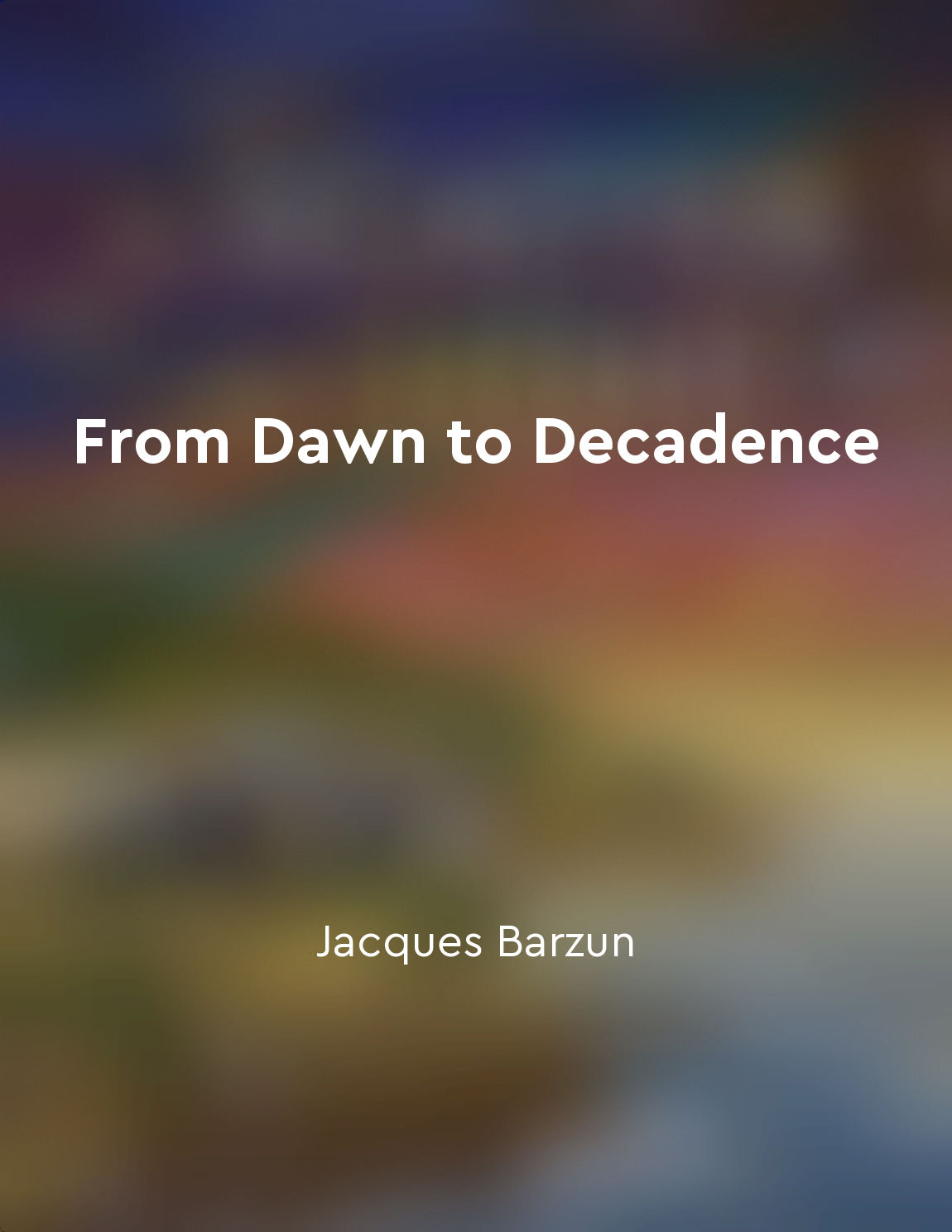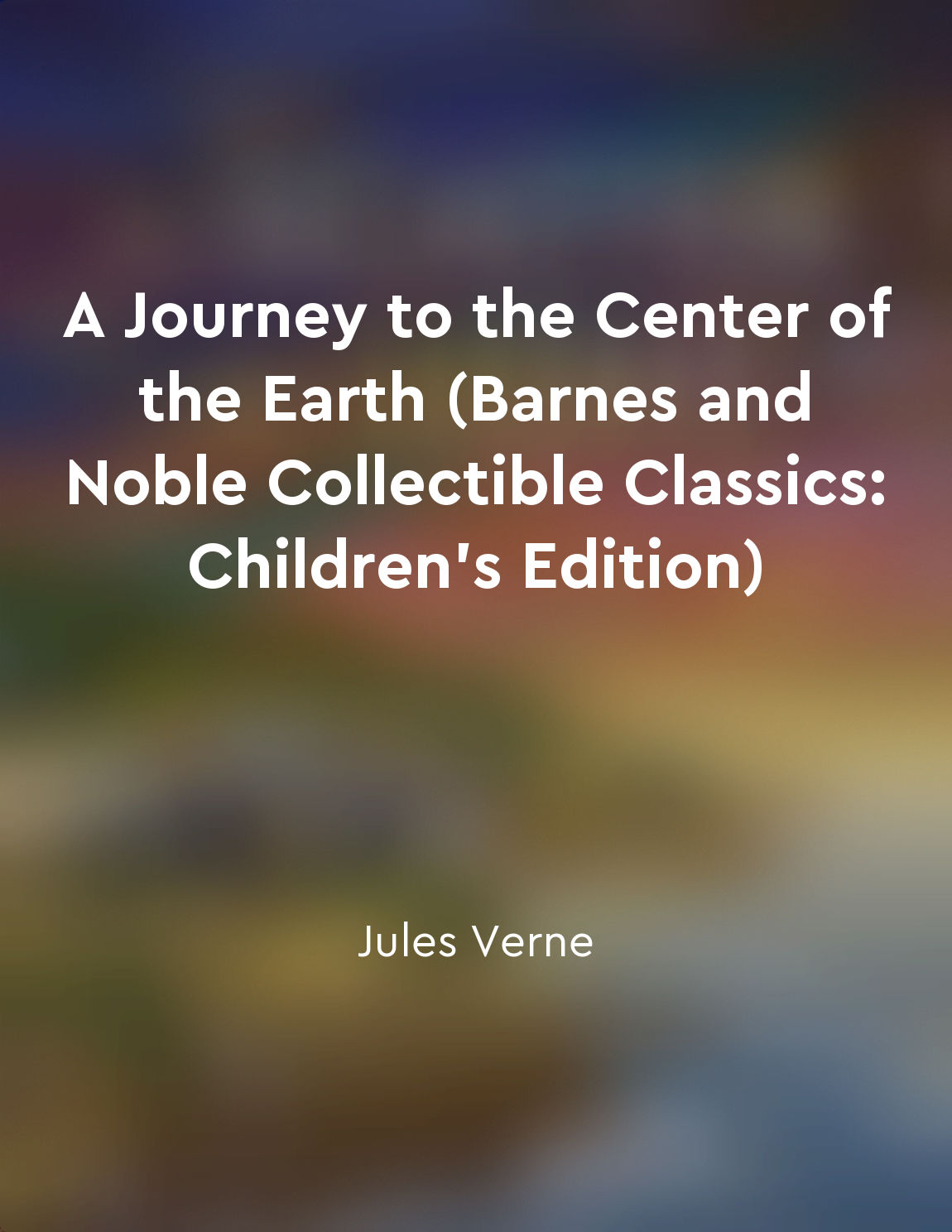Cultures have a life cycle from "summary" of The Decline of the West by Oswald Spengler
In the grand scheme of history, every culture undergoes a natural process of birth, growth, maturity, decline, and eventual death. Just as a living organism follows a predetermined life cycle, so too do civilizations. This concept of cultural life cycles is a fundamental principle that governs the rise and fall of human societies. At the outset, a culture emerges from a primordial state of chaos and potentiality. It is in this formative stage that the seeds of its future greatness are sown. As the culture develops and matures, it reaches its peak of power, creativity, and influence. This period of growth and expansion is characterized by a flourishing of art, science, philosophy, and technology. However, the very forces that propel a culture to its zenith also contain the seeds of its decline. Just as the aging process is inevitable for all living beings, so too is the decline of a culture. Signs of decay begin to appear as the culture becomes complacent, decadent, and ossified. The once-vibrant energy and creativity stagnate, giving way to a sense of ennui and decadence. Eventually, the culture enters a period of irreversible decline, marked by internal strife, external threats, and a general sense of malaise. The institutions that once held the culture together begin to crumble, and the values that once guided it are called into question. In the final stages of decline, the culture becomes a mere shadow of its former self, a relic of a bygone era.- The culture reaches its inevitable end, succumbing to the inexorable forces of history. And just as a living organism decomposes and returns to the earth, so too does a culture fade into obscurity, leaving behind only traces of its past glory. This cycle of birth, growth, decline, and death is a universal phenomenon that transcends individual cultures and civilizations, shaping the course of human history.
Similar Posts
Industrialization is linked to access to resources
Industrialization is a process that involves the development of industries in a society, leading to increased production and ec...
Cultural heritage influences human identity
The cultural heritage we inherit plays a vital role in shaping our sense of self. It is through our cultural background that we...
Culture shapes human behavior
Culture is not a material power in itself, but rather an abstraction, a kind of generalized way of thinking and acting. It is a...

The rise of postmodernism
The shift to postmodernism in the late twentieth century represents a significant departure from the modernist perspectives tha...

Uncover hidden treasures
Professor Hardwigg believed that there were hidden treasures waiting to be uncovered beneath the surface of the Earth. He was d...

